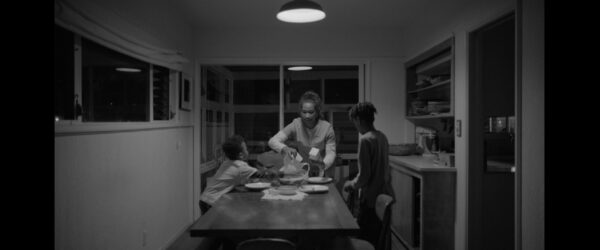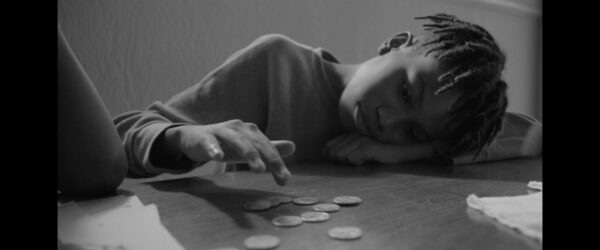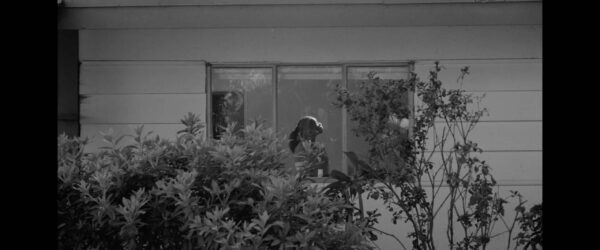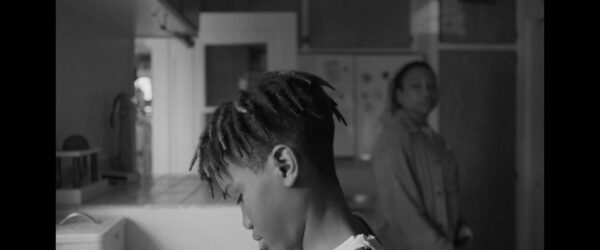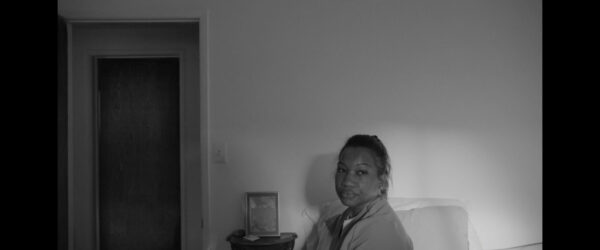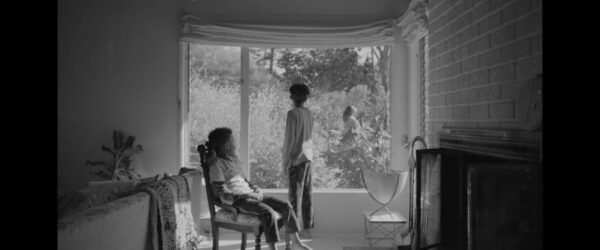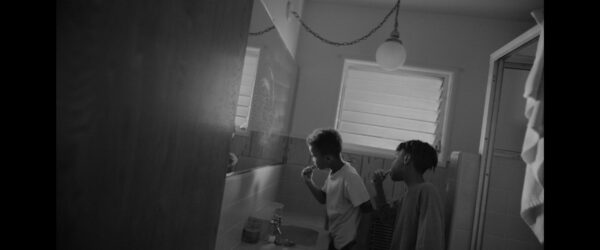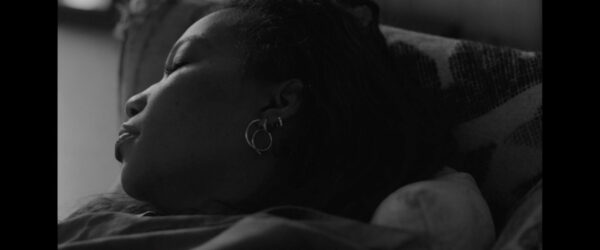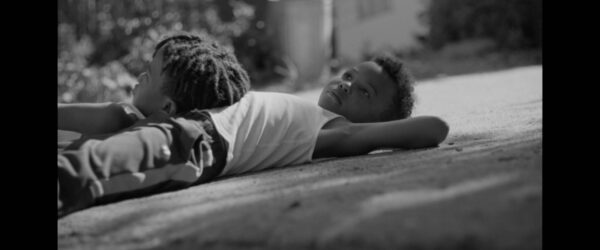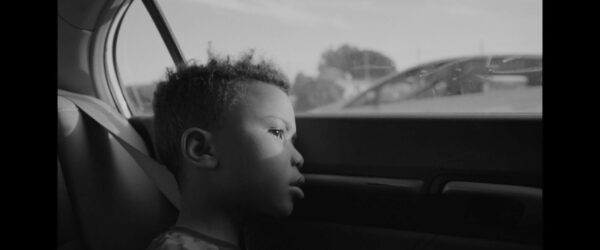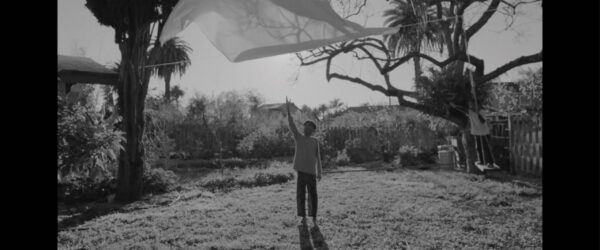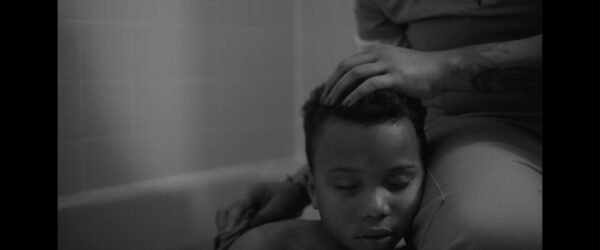Behind the Scenes
A Shadow of Things Past: The Story Behind ‘Where The Time Goes’
Blaise and Trier have watched their parents’ marriage fall apart. Now, they must lean on each other to make sense of their new situation. In Where The Time Goes, Director Justin Tyler Close gives audiences an intimate view into the way children cope with family challenges. We had the opportunity to talk to Justin about the journey:
”“It’s not the outcome of the
Justin Tyler Close
film that matters the most,
it’s the daring act to write something
so personal in the first place.”
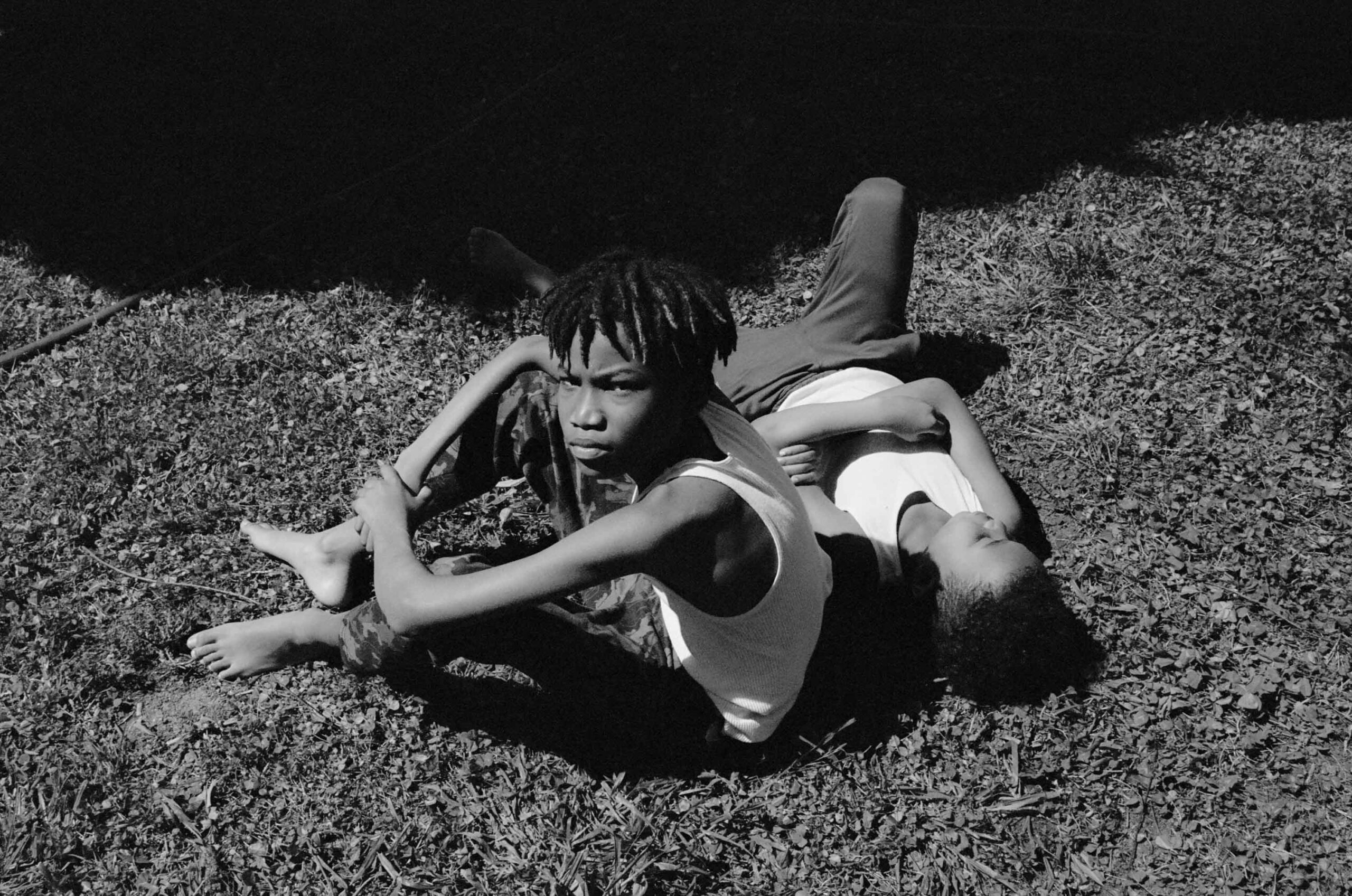
Filmsupply: What inspired you to create “Where The Time Goes”?
Doing this project started as a pursuit to heal my younger self. It became a part of my therapy, where I was able to write, shoot and revisualize childhood memories. In a way, the film turned into a meditation or a rhythmic poem, that encouraged me to look at my past in a new light.
Are there any other Directors or films you studied as you prepared for this project?
I love Carrie Mae Weems’s “The Kitchen Table Series” which is a collection of photographs. Many times throughout the writing phase, I revisited her work. Aside from that, I do remember watching “Fauve” (directed by Jeremy Comte) and “Brotherhood” (directed by Meryam Joobeur), both of which left an impression on me.
What is the most important thing you learned along the way?
Writing something so personal is a daring and courageous act.
How did you approach casting for this film?
I knew that I wanted to cast a real family because this story required an immediate connection between a mother and her children. The search went on for months, but eventually, we found Lachez, Trier, and Blaise.
Danezion, who played the father, put together a beautiful audition. Visually, he has this masculine frame, but with a kind face and calm demeanor. This was important because I need the audience to like him instead of buying into a stereotypical divorce story, where the father is often portrayed as the enemy.
Did you face any creative challenges during the development of the film? If so, how did you overcome them?
I prefer to keep the crew as small and intimate as possible. This, in itself, is a creative challenge because I have to step up and wear many hats. For this project, we had a 5-person crew supporting a 4-member cast, which was both liberating and limiting. Not sure I would go this small again, but from its many challenges, came many blessings.
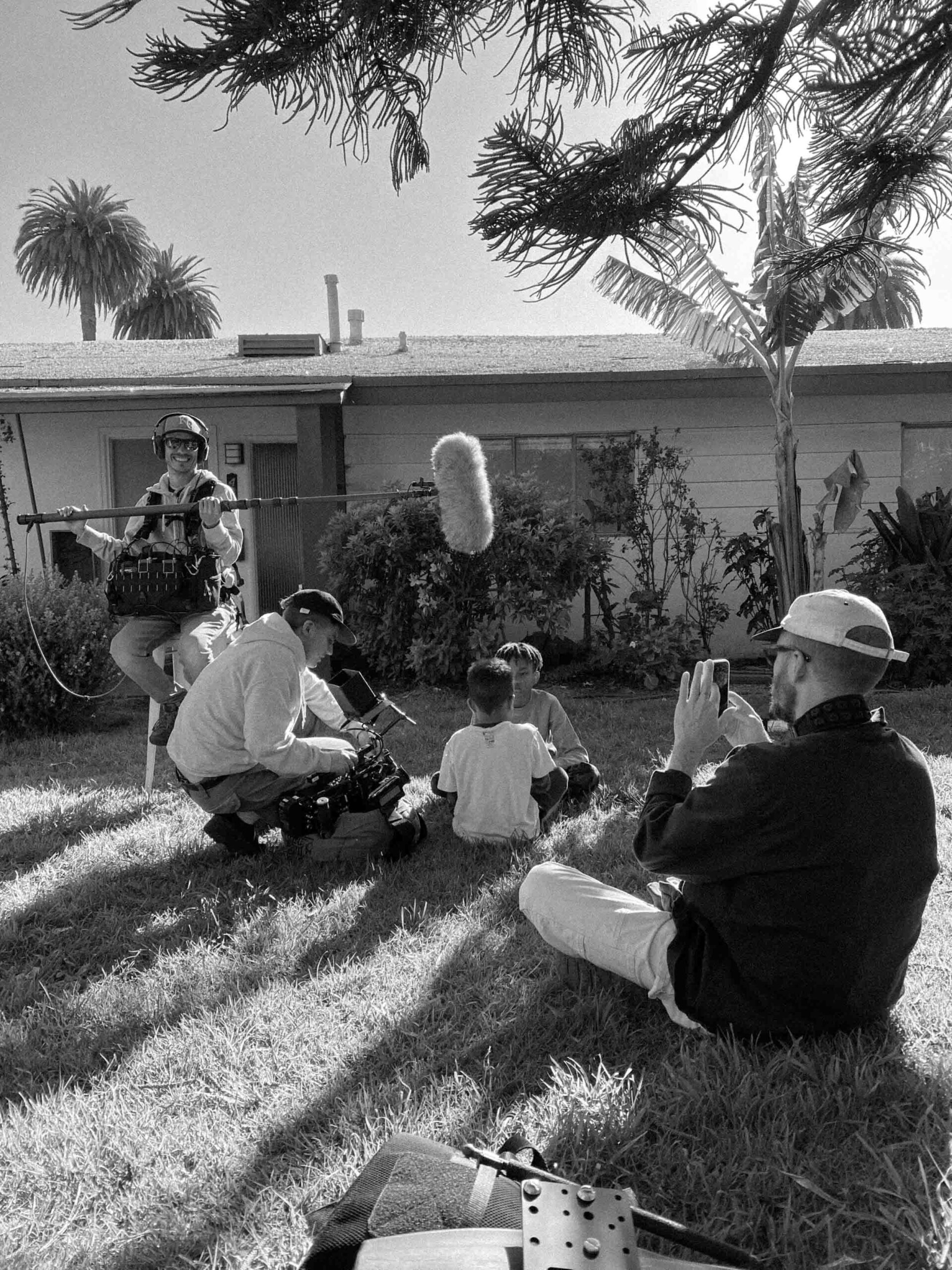
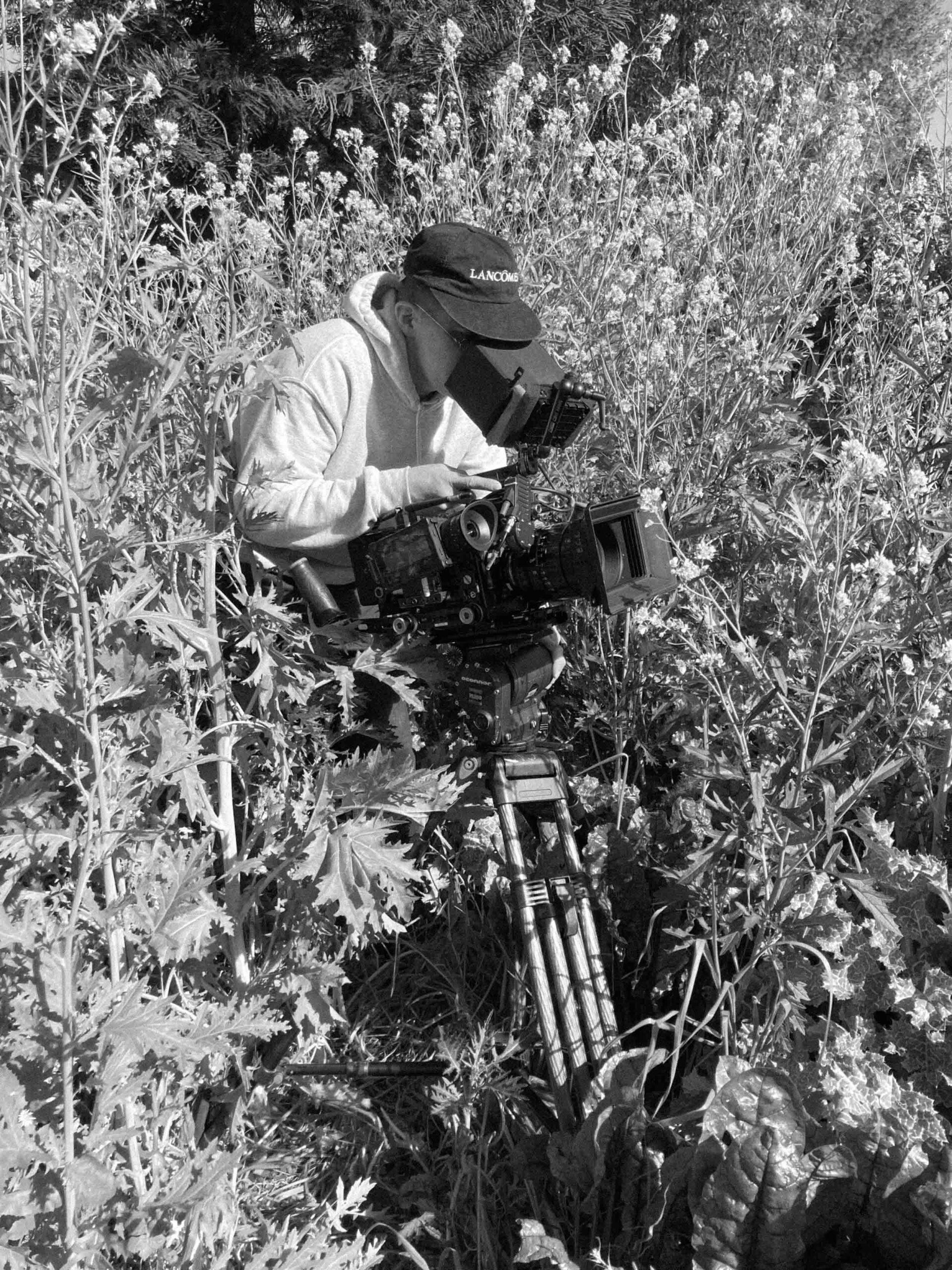
Were there any moments during shooting that stand out in your memory?
There was this scene on the first day where the mother was bathing her youngest son. This was truly the first time I got lost in what we were shooting. At this moment, I started to breathe differently. And off we went…
Did you encounter any surprises in the editing process that required a creative solution?
Yes! Always. No idea is a bad idea, so we maintained a “try anything” approach. Because the project was this narrative-documentary hybrid, we did a lot of improvising, both on set and in the editing process. We used the script as a map but also stayed open to every possibility.
In short, it’s never the film you think it’s going to be, but if you’re open and willing, the surprises you encounter can play in your favor. Also, it’s nice when you have an extremely talented and patient editor.
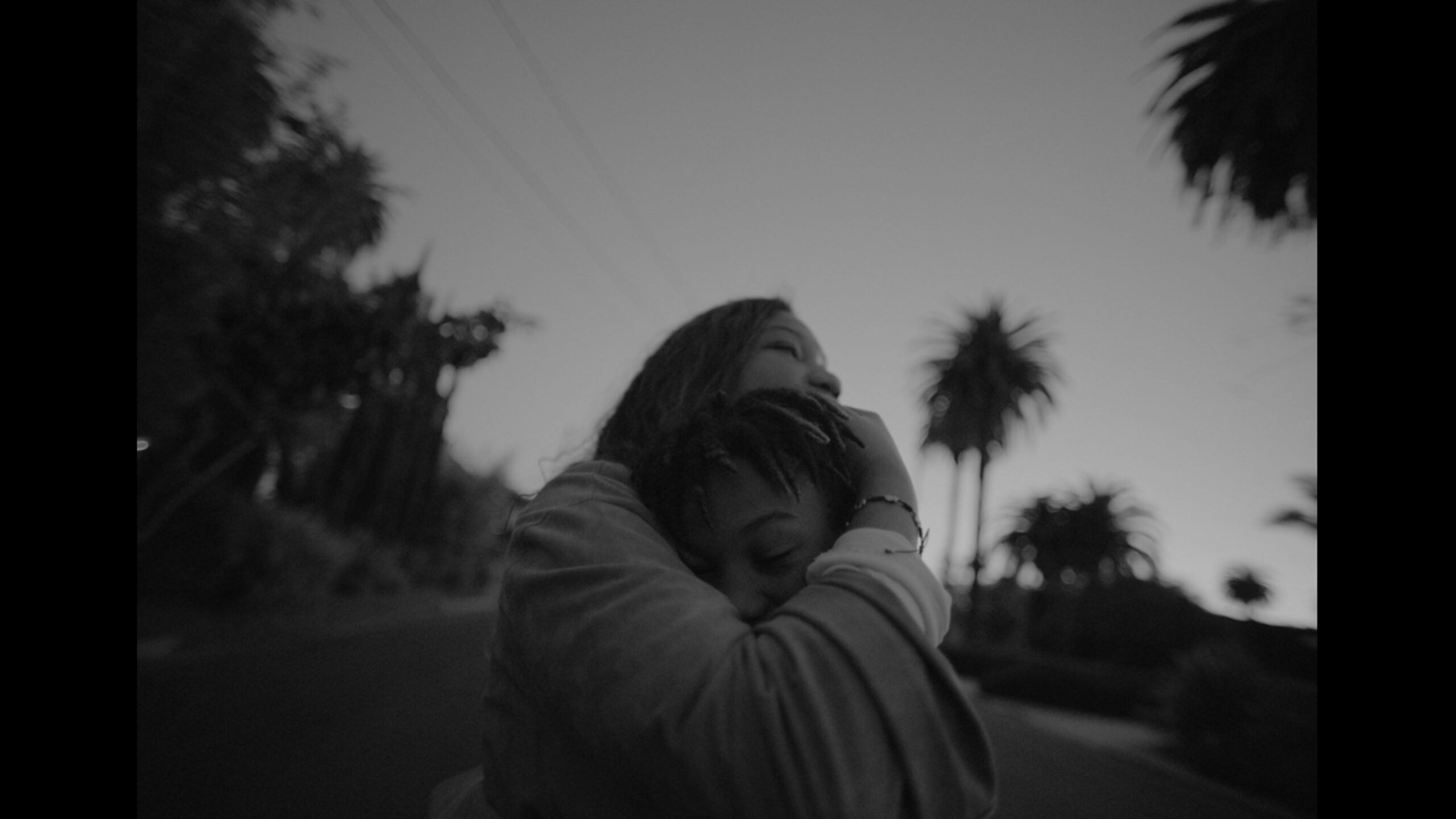
What do you hope to accomplish with this film?
Reliving childhood memories, especially my parent’s separation, is tough but as I grow older and become more intimate with my younger self, I feel more at peace. I guess that’s what I can hope for the audience. By connecting to the story, in a way, I hope it can allow them to heal. What a dream that would be!

